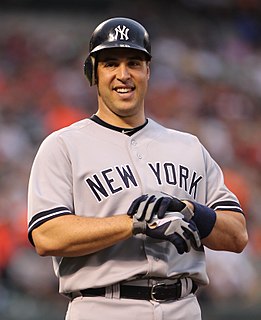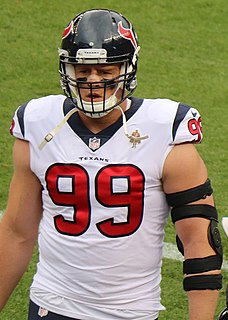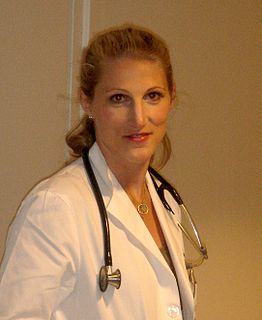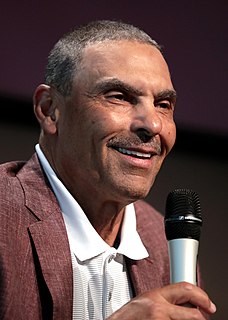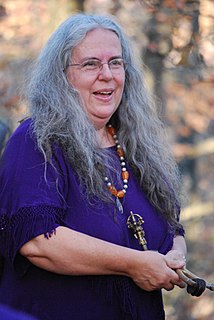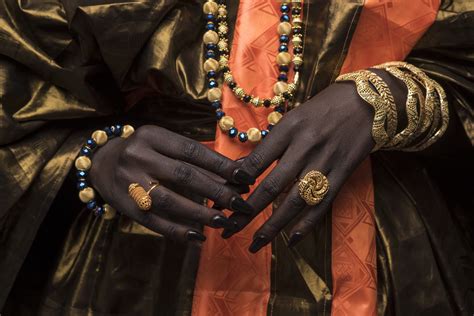A Quote by Keith Ellison
My mom, Clida, taught my four brothers and me about her father's work to organize black voters in rural Louisiana in the 1950s. We carried her dad's legacy of activism with us. The Civil Rights Movement was present in the daily life of my family in Detroit in the 1970s.
Related Quotes
The civil rights movement didn't deal with the issue of political disenfranchisement in the Northern cities. It didn't deal with the issues that were happening in places like Detroit, where there was a deep process of deindustrialization going on. So you have this response of angry young people, with a war going on in Vietnam, a poverty program that was insufficient, and police brutality. All these things gave rise to the black power movement. The black power movement was not a separation from the civil rights movement, but a continuation of this whole process of democratization.
As Paretsky detailed in her short memoir Writing in an Age of Silence (2007), early optimism buoyed by the civil rights movement of the 1960s and early 1970s has, in her view, all but crumbled in the face of a bombardment of sadism and misogyny, the withholding of civil liberties, and the nation's move from proud speech into near-deafening silence.
With The King Center as her base, my mother pressed on to fulfill a role that changed lives and legislation. She was a woman who refused to surrender the reigns of what she knew to be her assignment, even when male civil rights and business leaders tried to convince her that she should leave the work of building her husband's legacy to them.
My father told me about American democracy. And he said you have to be actively engaged in the political process to make our democracy work. So I've been doing that my entire life. Civil rights movement. The peace movement during the Vietnam conflict. The movement to get an apology and redress for Japanese-Americans.
In 1971, Bossier City, Louisiana, there was a teenage girl who was pregnant with her second child. She was a high school dropout and a single mom, but somehow she managed to make a better life for herself and her children. She encouraged her kids to be creative, to work hard and to do something special. That girl is my mother and she's here tonight. And I just want to say, I love you, Mom. Thank you for teaching me to dream.
My family was very engaged in the world around us. My father was an African Methodist Episcopal minister and an immigrant from Panama. He was deeply involved in civil rights causes, which scared my mother - she was also an immigrant, from Barbados, who had her hands full with six kids, and she worried that my father would get deported. But because of his passion for politics and civil rights, we paid close attention to current events. We would watch political conventions together - for fun!





